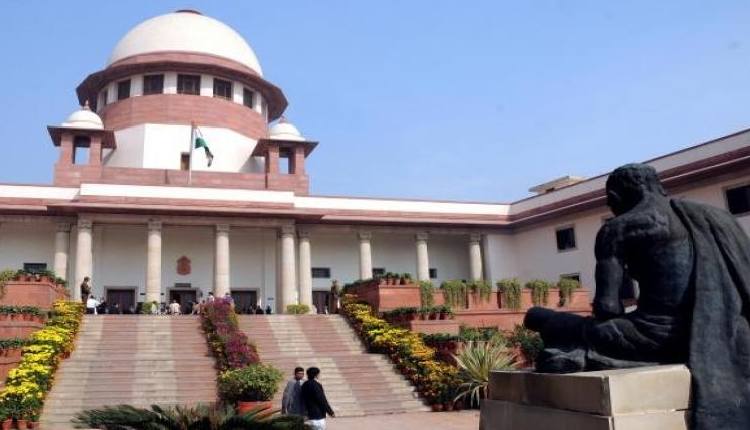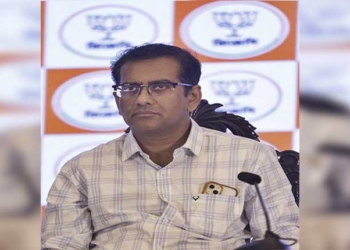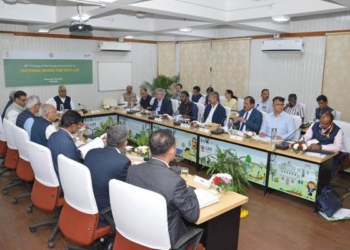New Delhi: The Supreme Court is slated to hear on Monday a writ petition filed by the Punjab government challenging the Governor’s decision to refer the Sikh Gurudwaras (Amendment) Bill, 2023, and the Punjab Police (Amendment) Bill, 2023, to the President for her consideration.
As per the causelist published on the website of the apex court, a bench of Chief Justice of India (CJI) B.R. Gavai and Justices K. Vinod Chandran and N.V. Anjaria will take up for hearing on August 18 the plea challenging the President’s “simpliciter inaction” on the two bills without granting or withholding assent.
The petition raises two significant questions of “constitutional import”: first, whether the Governor, acting on his own discretion and contrary to the advice of the Punjab government, could refer the bills to the President; and second, in what manner the President is required to act once a bill has been reserved for his consideration by a Governor.
The plea, filed through advocate Nupur Kumar, contended that both bills were sent to the President “in contravention to the aid and advice of the State Council of Ministers, and in the absence of any constitutional trigger or extraordinary breakdown of democratic governance”.
Both the Bills referred to the President, as per the plea, either fall within the State List or, if they fall within the Concurrent List, do not conflict with any law made by the Union Parliament.
“They also do not attract any of the constitutional provisions that would either (a) mandate Presidential assent as a condition precedent to their enactment;(b) require reference on grounds of repugnancy or inconsistency with central law; or (c) raise exceptional circumstances that imperil constitutional democracy so as to justify a departure from the mandate of ministerial aid and advice,” it stated.
Further, the plea cited the recent judgement in the State of Tamil Nadu v. The Governor of Tamil Nadu case, where the Supreme Court categorically held that “there is no ‘pocket veto’ or ‘absolute veto’ available to the President in discharge of his functions under Article 201” and that decisions on reserved bills must be taken “within a period of three months”.
The Sikh Gurudwaras (Amendment) Bill mandates free live telecast of Gurbani from the Golden Temple, while the Punjab Police (Amendment) Bill seeks an independent mechanism for the appointment of the Director General of Police (DGP). Both were passed by the Assembly in 2023.
While the Sikh Gurudwaras Bill has remained pending for over 17 months and the Punjab Police Bill for more than 12 months, the petition pointed out that “no decision granting assent or providing reasons for withholding it has been communicated to the petitioner-state”.
Referring to the directions issued in the Tamil Nadu Bills case, the Punjab government’s plea said that such inaction “renders the constitutional scheme under Article 201 illusory, and constitutes an abdication of constitutional duty”.
A 5-judge Bench of the Supreme Court is already seized of a Presidential reference under Article 143 of the Constitution, seeking the top court’s opinion as to whether timelines can be imposed on Governors to act on Bills in the absence of a constitutionally-prescribed time limit.
In the aftermath of the apex court verdict in the Tamil Nadu Bills case, President Droupadi Murmu, in May this year, had asked the apex court to report its opinion on constitutional options available to a Governor when a Bill is presented to him under Article 200 of the Constitution.
(IANS)
















